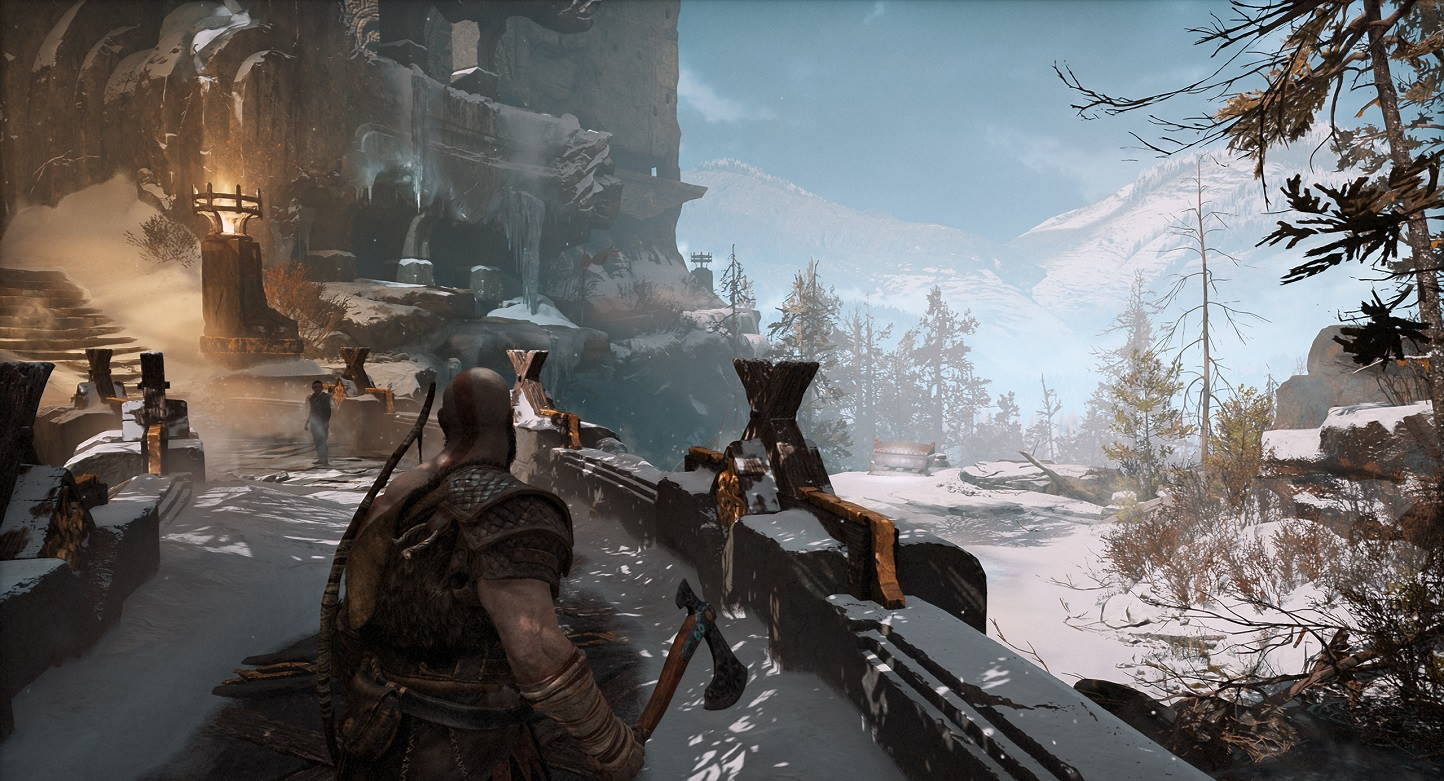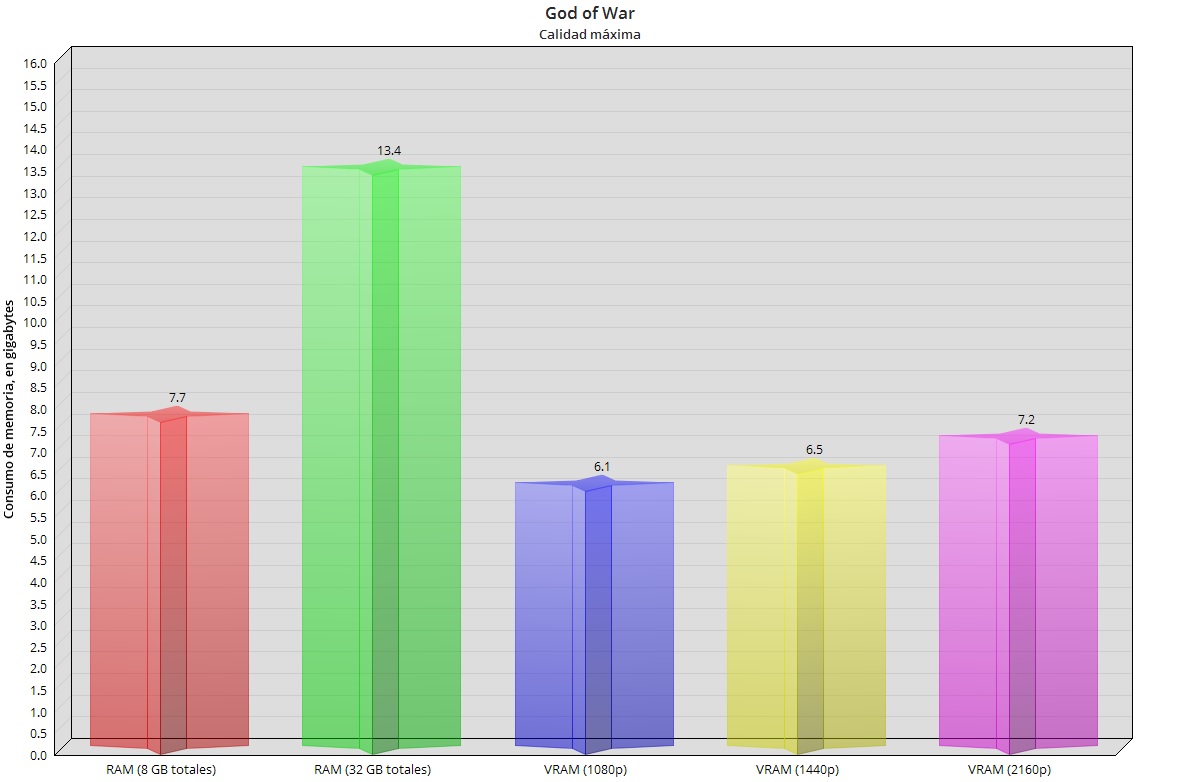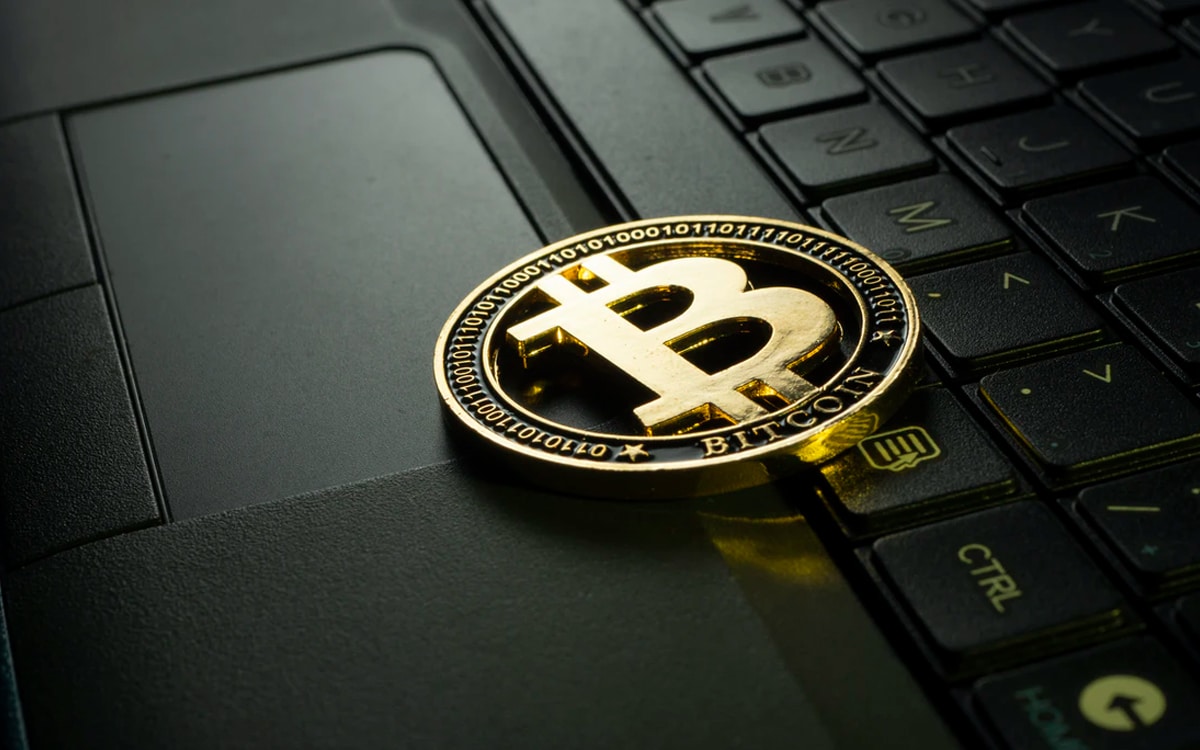
The consumption of RAM memory in games is generating many questions lately, and I must admit that I myself have been assaulted by this issue after trying several latest generation games that, under the microscope of my performance measurement tools, showed increasing RAM consumption.
I explain the key to the matter, in case anyone has been lost. A game that requires 8 GB of RAM can work perfectly with that amount of memory, and stabilize with a total RAM memory consumption of about 7.7 GB. However, when used at a higher configuration, with 16 GB or even 32 GB of RAM, said game can show a much higher memory consumption, and register constant increases. Thus, for example, it is easy to find titles that start consuming 12 GB of RAM, and that in the end They end up reaching 16 GB of RAM without a problem.
God of War has been one of the best examples, within the most recent triple A releases, that have shown this behavior, but it has not been the only one, and in fact this problem of excessive memory consumption is not limited to RAM, also occurs with graphics memory. Why exactly does this happen and what consequences can it have for the user?
RAM memory consumption and memory leakage: A serious problem
Normally, when a game consumes more graphics memory than it really needs, we are faced with a simple preventive action, that is, the game acts as if it were a cache and uses a part you don’t normally need to try to improve performance. Something similar can happen with the consumption of RAM memory, and we would not have any problem, as long as said consumption stabilizes and does not continue to grow abnormally and disproportionately.
The problem comes when we are faced with what is known as “memory leak”, that is, before a memory leak, also known as a memory leak. This occurs when a game is unable to manage RAM correctly. Under normal conditions, when a game does not need certain resources, it returns them, freeing them so that they can be used again. This means that the RAM memory never becomes saturated.
When a “memory leak” occurs, the game does not return that part of RAM that it no longer needs, and therefore not only is there no reuse of RAM, but it fills up more and more, until reaching a point where the system may be saturated, and we end up suffering a spontaneous closure or even a computer crash.
Obviously this problem does not always have the same gravity. There are cases in which only a few megabytes are consumed from time to time, which means that you do not have serious stability or performance problems even if we play for hours, especially if we have 32 GB of RAM, but in other cases this problem can occur in a much more aggressive manner.
What can I do about this problem? nothing unfortunately
And the reason is very simple, that in the end we are facing a problem that some specific games may suffer, and therefore it has to be solved by its developers through the corresponding patch. Do not punish yourself by thinking that it is your team’s fault, since in fact it is quite the opposite, it is an issue that is not even a consequence of a lack of optimization, but of bad programming.
Always keep in mind that not all games are developed in the same way, nor do they have the same capabilities when it comes to taking advantage of the latest hardware. Some titles have a very careful graphic section, but they scale fatally on multicore processors, and others have serious frame synchronization problems or even give constant jerks for poor workload management.
You can have the most powerful PC in the world, but if the optimization of this is very poor, the performance will be accordingly. If you have any questions about the consumption of RAM memory, or graphics memory, you can leave it in the comments and we will help you solve it.






